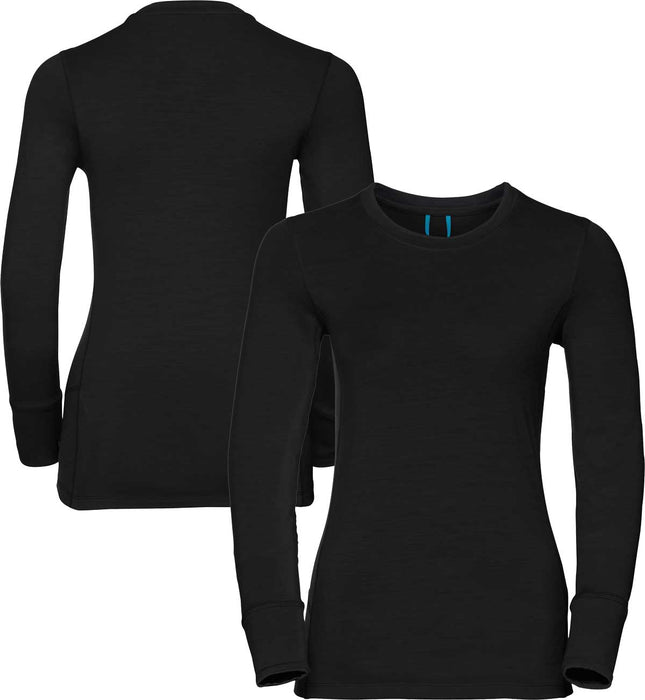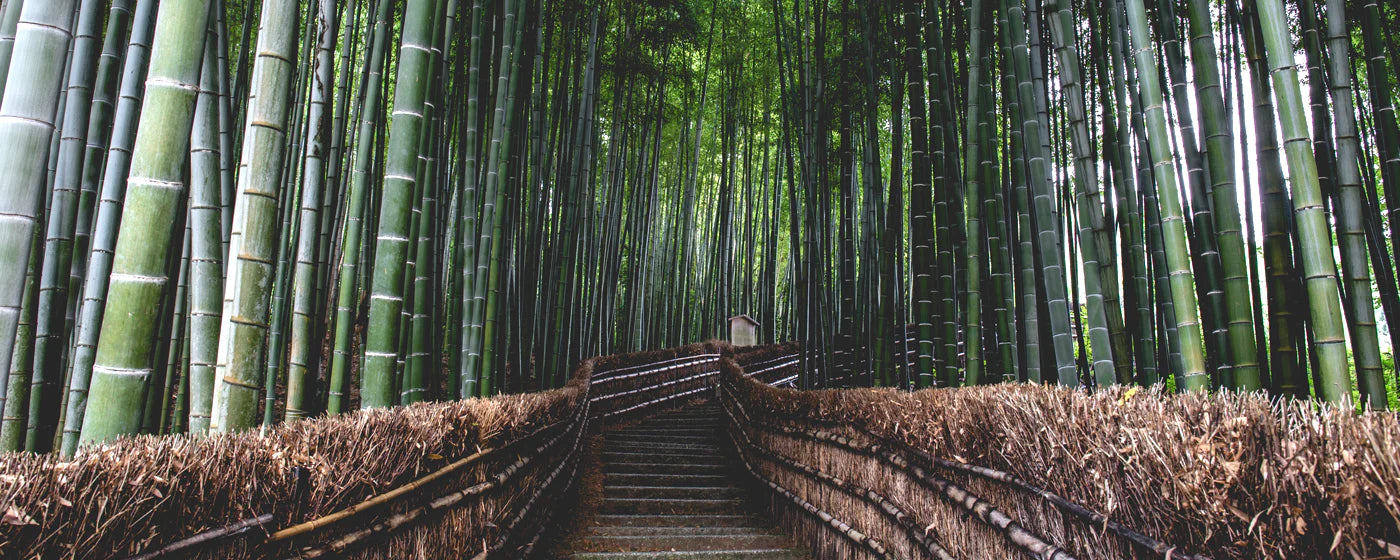Yak merino base layer are great for winter sports clothes due to their superior performance, but also because they have natural fiber benefits in addition to sustainable environmental impact. Biodegradable and renewable.
Both merino and yak wool are both made of natural fibers that come from animals. Renewable resources can be harvested sustainably, without causing harm to the animal. They are biodegradable, meaning they can be broken down in nature without causing environmental harm.
Low Environmental Impact
Natural fibers are generally less harmful to the environment as compared to synthetic materials. The process of harvesting and cultivating wool requires less chemicals and less non-renewable substances as compared to synthetic fibers.
Energy Efficiency
The processing of wool fibers requires less energy than the synthetic fibers that are produced like nylon or polyester. The production of natural wool uses less energy and lowers carbon emissions.
Reduced Microplastic Pollution
Natural wool fibers aren't contributing to the pollution of waterbodies by microplastics like synthetic fibers.
Durability, Recyclability, and Longevity
Yak merino clothing can last many years, and are extremely durable. Wool fibers are also recyclable or reused to decrease consumption and harm to the environment.
Sustainable Practices
Manufacturers and producers of wool follow sustainable and ethical practices. They ensure the welfare of their animals responsible land management and decent working conditions for all workers in the production chain.
Environmental Certification-
The Responsible Wool Standard or Global Organic Textile Standard are certificates that prove ethical and sustainable practices in the wool production industry. They provide consumers with assurances about sustainability.
In general, yak merino base layers align with sustainability in the environmental sense because they are derived from renewable and natural sources that have little environmental impact when they are produced and, often, incorporating ethical and sustainable practices into their supply chain. This is due to the fact that natural fibers are sustainable. View the recommended moved here for merino wool base layers for more advice including smartwool base layer, mens wool long johns, sweaty betty base layers, best merino base layer, wool undershirts, merino wool thermal underwear, ski underlayers, ski thermal underwear, smartwool 1 4 zip womens, merino wool first lite and more.

What Are Some Advantages Of Wearing Bamboo Clothing With Regards To Softness, Antibacterial Properties, Durability And Renewability?
Bamboo clothing offers many benefits, including its softness, antibacterial properties as well as longevity.
The luxurious feel of bamboo fabric is well-known for its soft and silky texture, often compared to luxurious materials like silk or cashmere. It feels soft, smooth and comfortable on the body.
Antibacterial Properties-
Bamboo is a natural material with antimicrobial properties. Bamboo contains an antimicrobial substance called "bamboo Kun." This ingredient helps to stop the growth of bacteria that cause odor and fungi on the fabric, making it fresher over longer periods and decreasing the need for frequent washing.
Durability-
The strength - Despite being soft, bamboo fibres can be sturdy and robust. Bamboo-based clothing is impervious to wear and tear. This makes it suitable for many tasks.
Renewability-
Rapid Growth - Bamboo is a highly renewable resource that grows rapidly without the need for pesticides or fertilizers. It will mature in a couple of years, making it possible to have a sustainable harvest and reducing environmental impact.
Sustainability-
Sustainable production- Bamboo processing and cultivation generally have less impact on the environment than that of synthetic materials. Bamboo's rapid growing, low water requirements and the ability to thrive in diverse conditions make it a sustainable material.
Biodegradability-
Natural Breakdown - Bamboo clothes are biodegradable. This means that they will degrade themselves in a natural manner after the end of their lifespan. This quality minimizes environmental pollution as well as reducing the accumulation of landfill.
Hypoallergenic Qualities
Bamboo fabric has a lower likelihood of causing skin irritations or allergic reactions than other synthetic fabrics, which makes it a great choice for people who have sensitive skin.
Bamboo clothing is a great choice for those seeking practical, eco-friendly and comfortable clothes. It is soft, with the ability to fight bacteria and last for a long time. These qualities make for a pleasant experience when wearing the clothing and are in keeping with ecological principles. Have a look at the recommended bamboo clothing recommendations for site info including bamboo yoga leggings, bamboo jeans ross, bamboo sun shirt, bamboo fitness clothing, bamboo baby pajamas, bamboo pants for women, lisa frank bamboo pajamas, bamboo tank tops, bamboo exercise clothing, bamboo workout clothes and more.

What Makes Merino Wool And Bamboo Clothing Distinct From Ordinary Wool?
Merino layers along with regular wool, and bamboo clothing have different features.
Merino Wool is soft and supple on the skin. It is less likely than wool that is more traditional to cause irritation and itching.
Merino has excellent moisture-wicking qualities. It pulls moisture away from your skin, allowing it to evaporate, leaving you feeling dry and at ease.
Merino is a natural insulation that provides exceptional warmth when wet. It regulates body temperature, providing insulation and breathability for overheating when exercising.
Odor Resistance - It is an anti-bacterial natural ingredient which inhibits the growth of bacteria, keeping clothing fresh and smells good even after long wear.
Bamboo Clothing
Bamboo clothing is well-known for its soft and silky texture, frequently compared to silk or cashmere. It's a soft fabric that offers a pleasant wearing experience.
Moisture-Wicking-Bamboo fabric has moisture-wicking properties that draw moisture away from the skin, ensuring that the wearer stays dry during physical activity.
Temperature Regulation- Bamboo clothing has natural temperature-regulating abilities, offering warmth in winter and breathability to prevent overheating.
Sustainability - Bamboo is an extremely renewable resource that grows rapidly without the use of pesticides. It is biodegradable, and it has a minimal environmental impact.
Regular Wool
Texture. Traditional wool comes in a range of textures. Some are rougher, and can cause irritation or itchiness.
Warmth- Wool offers excellent insulation, however it can feel bulky and heavy.
Wool absorbs moisture and is therefore less effective in wicking moisture than merino or bamboo fabrics. However, it is warm even if it is damp.
Merino provides softness and superior moisture-wicking. It also is resistant to odors. Bamboo clothing provides a silky texture, moisture-wicking properties climate regulation, and sustainability. Wool has a different texture and may not have the same moisture-wicking qualities as bamboo or merino. However, it still gives warmth and insulation. Each one is distinctive and can be tailored to different winter clothing preferences. Have a look at the top bamboo winter clothings recommendations for blog advice including wool thermal base layer, merino wool ski base layer, wool thermal underwear, merino wool underwear womens, merino base layer, smartwool merino 250 bottoms, merino wool long underwear women's, ll bean merino wool base layer, smartwool 250 women's, wool long underwear and more.

